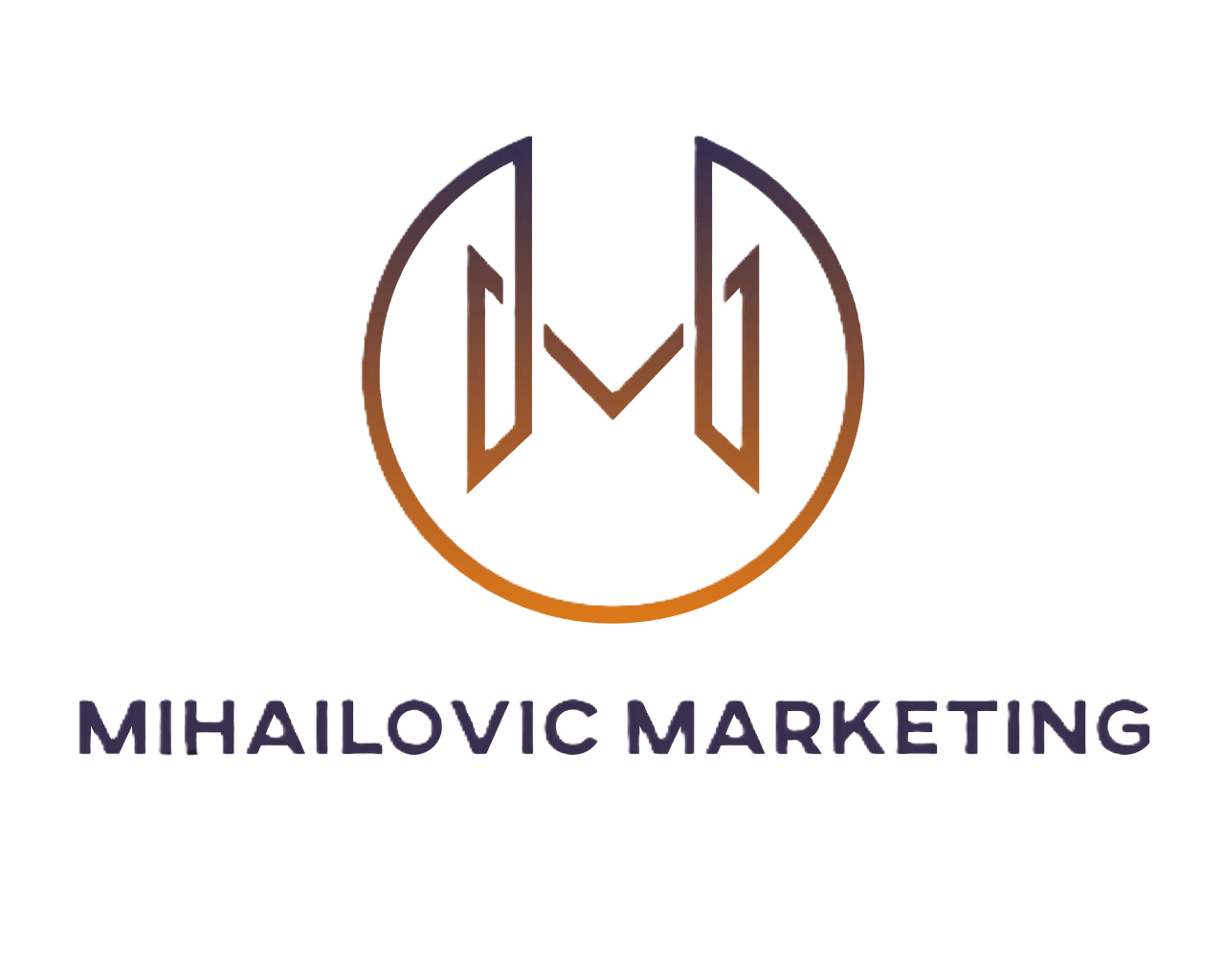How to Build a Winning Digital Marketing Strategy
Understanding Your Audience
To build a winning digital marketing strategy, the first step is understanding your target audience. Knowing who your audience is will help you tailor your messaging and select the right platforms to reach them. This involves conducting market research to gather data on demographics, interests, and online behavior. Tools like Google Analytics and social media insights can provide valuable information.

Setting Clear Objectives
Once you have a strong understanding of your audience, it’s essential to set clear and measurable objectives for your digital marketing strategy. These objectives should align with your overall business goals. Whether you aim to increase brand awareness, generate leads, or boost sales, having specific goals will guide your strategy and help measure success.
Choosing the Right Channels
With objectives in place, the next step is selecting the appropriate digital marketing channels. Each platform has its strengths and caters to different audiences. For instance, LinkedIn is ideal for B2B marketing, while Instagram is effective for targeting younger demographics with visually appealing content. Consider your audience’s preferences when choosing from options like social media, email marketing, SEO, and paid advertising.
Developing Engaging Content
Content is at the heart of any digital marketing strategy. Creating engaging and valuable content will attract and retain your audience’s attention. This can include blog posts, videos, infographics, and more. Ensure your content is tailored to meet the needs and interests of your audience while incorporating relevant keywords for SEO optimization.

Utilizing Data and Analytics
Data-driven decisions are crucial in digital marketing. By utilizing analytics tools, you can track the performance of your campaigns and make informed adjustments. Regularly analyzing data allows you to identify what’s working and what’s not, ensuring your strategy remains effective over time. Key metrics to monitor include website traffic, conversion rates, and engagement levels.
Implementing Automation Tools
Automation tools can significantly enhance your digital marketing efforts by streamlining tasks such as email marketing, social media posting, and lead generation. These tools save time and ensure consistent communication with your audience. Popular automation platforms include HubSpot, Mailchimp, and Hootsuite.
Testing and Optimization
A successful digital marketing strategy requires continuous testing and optimization. A/B testing different elements of your campaigns can reveal what resonates best with your audience. From testing email subject lines to variations in ad copy, experimentation helps refine your approach and maximize results.

Staying Adaptable
The digital landscape is constantly evolving, so staying adaptable is key to long-term success. Keep up with industry trends, emerging technologies, and changes in consumer behavior. Flexibility allows you to pivot your strategy when necessary and maintain a competitive edge in the ever-changing digital world.
